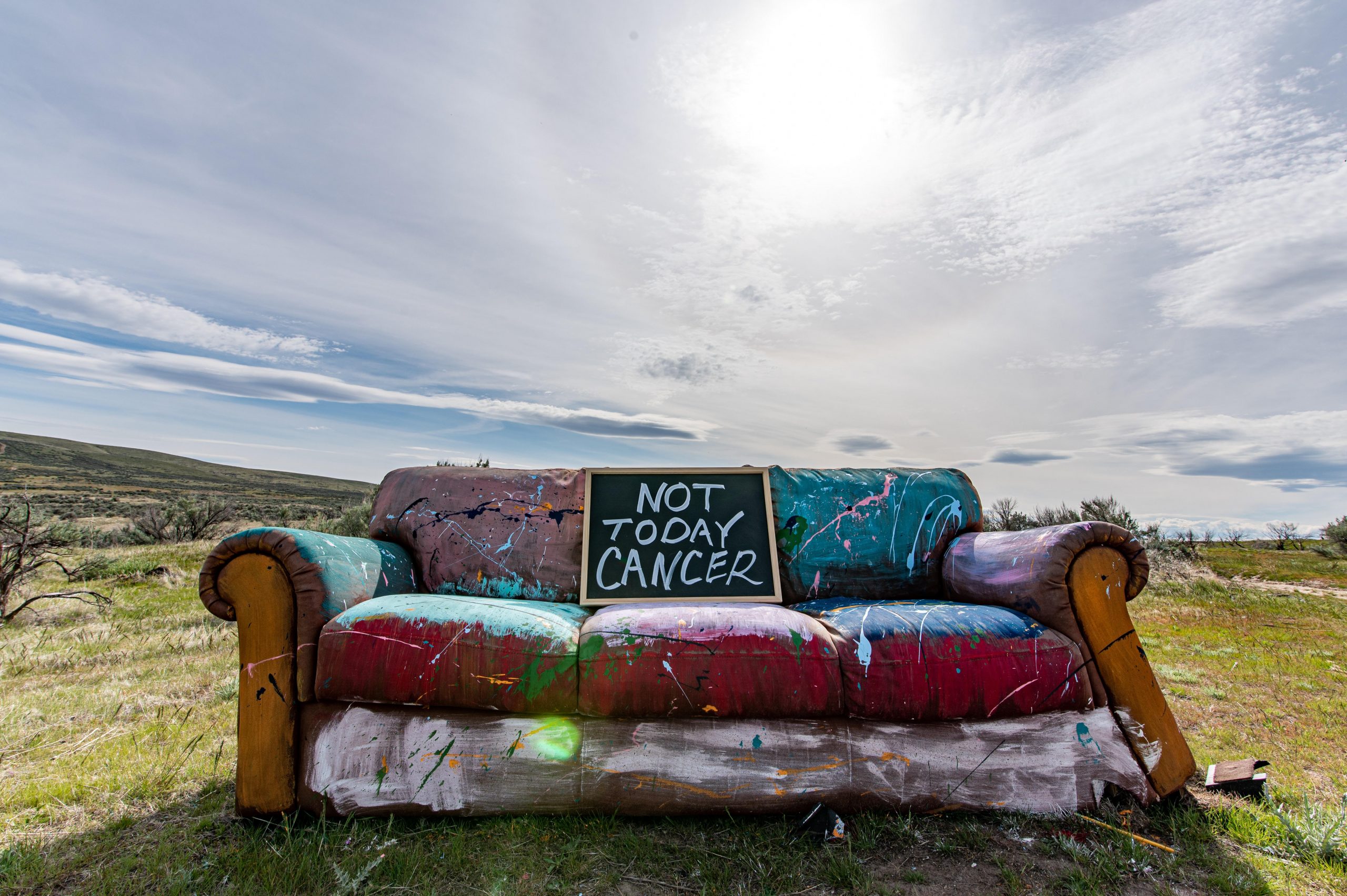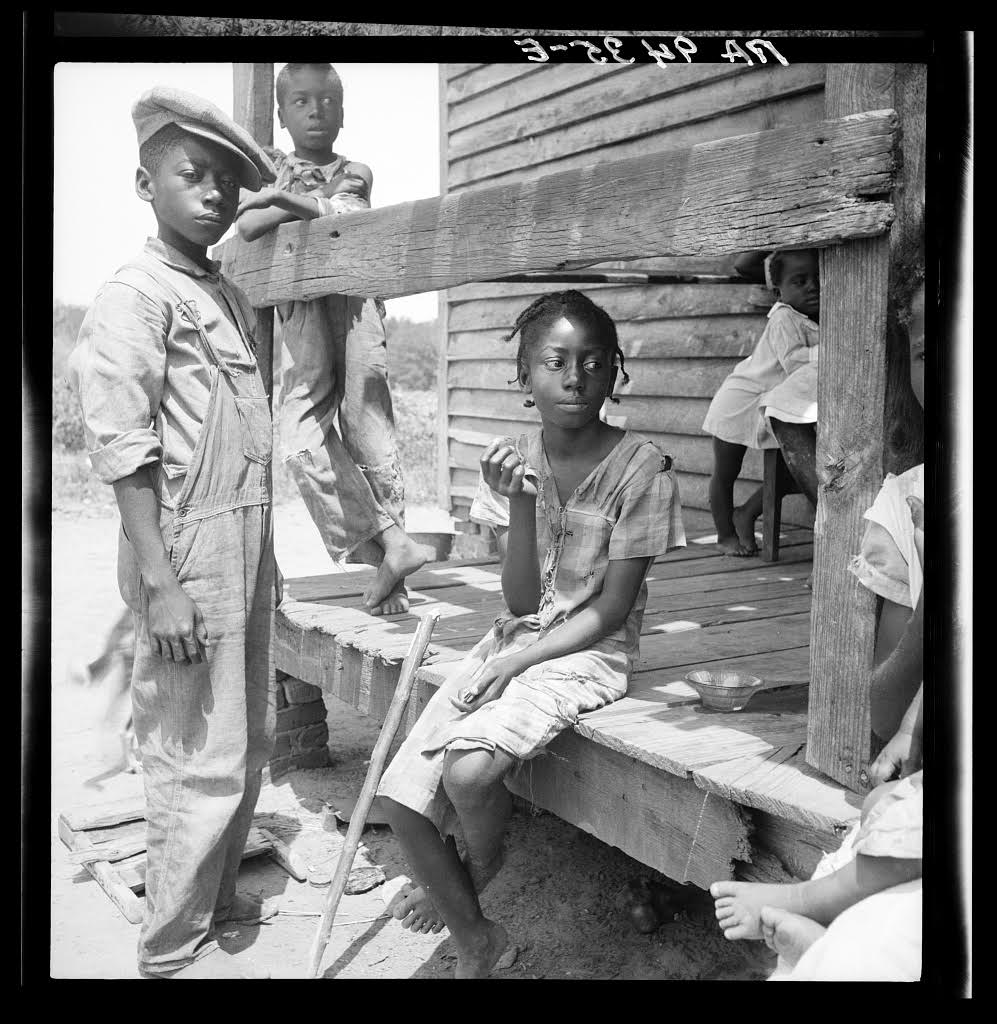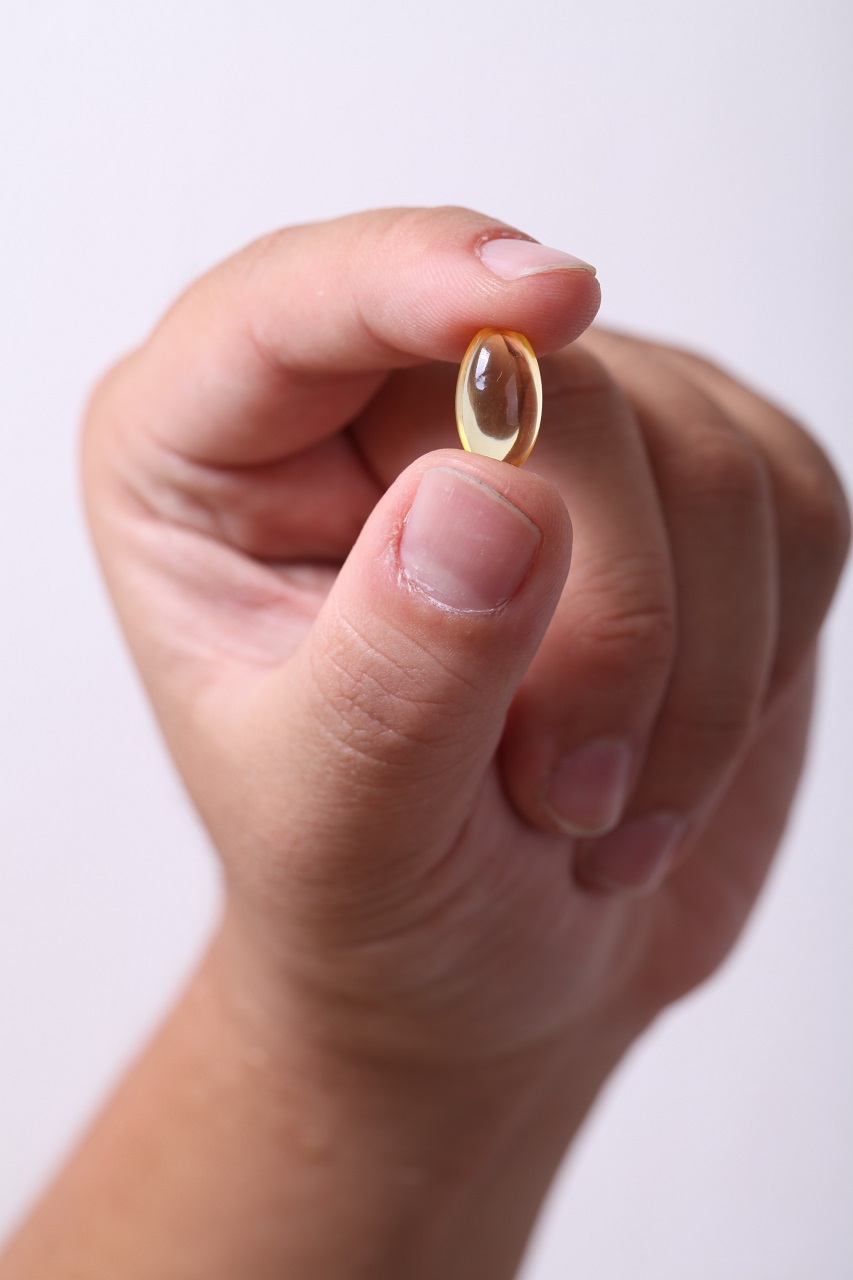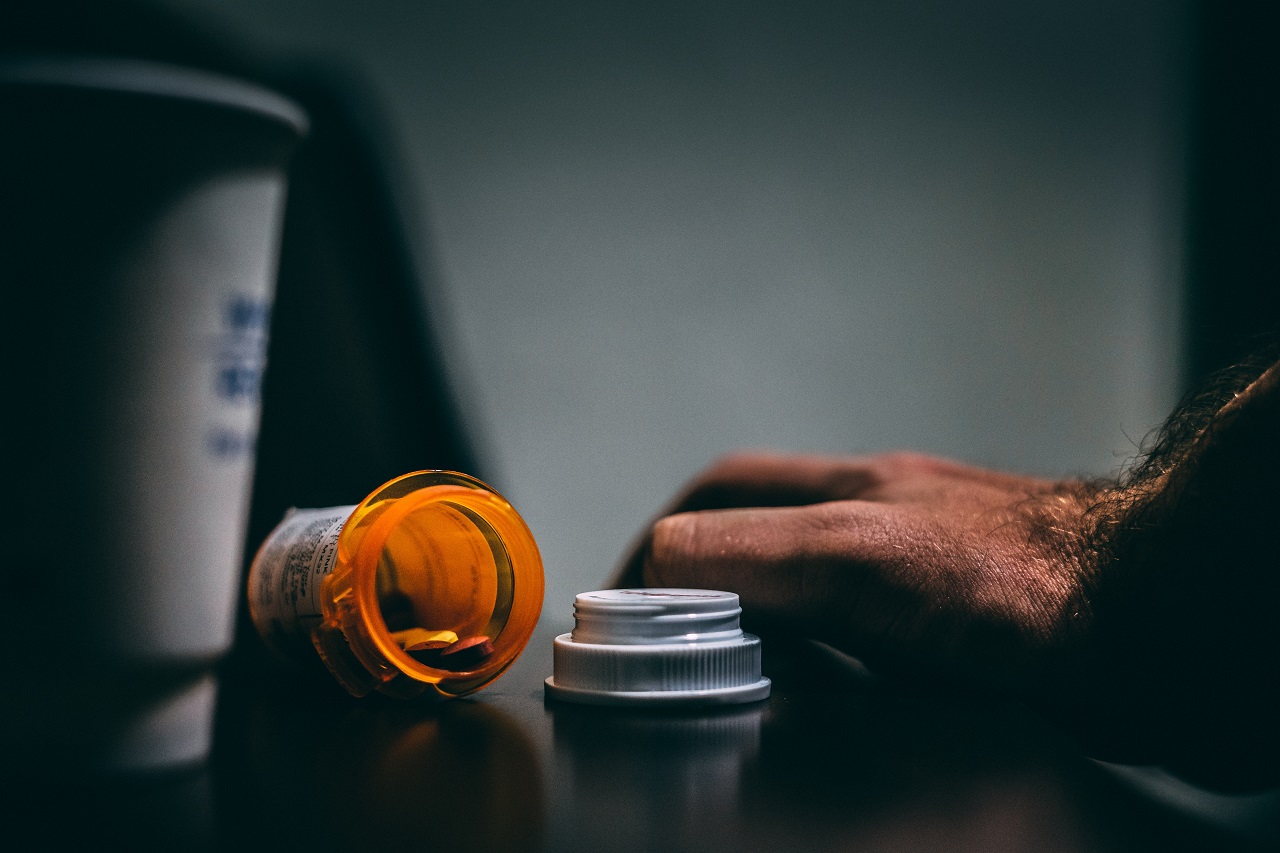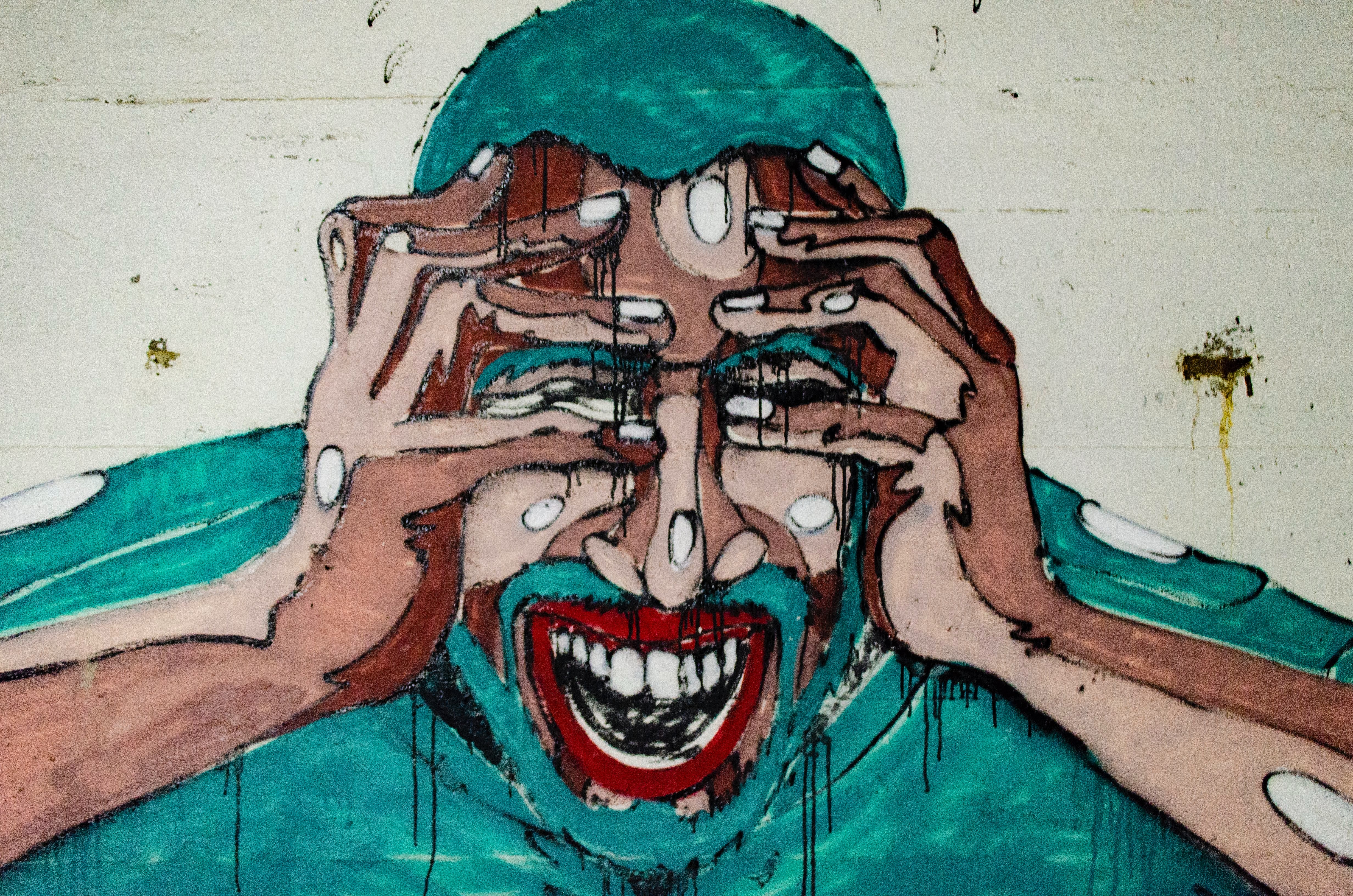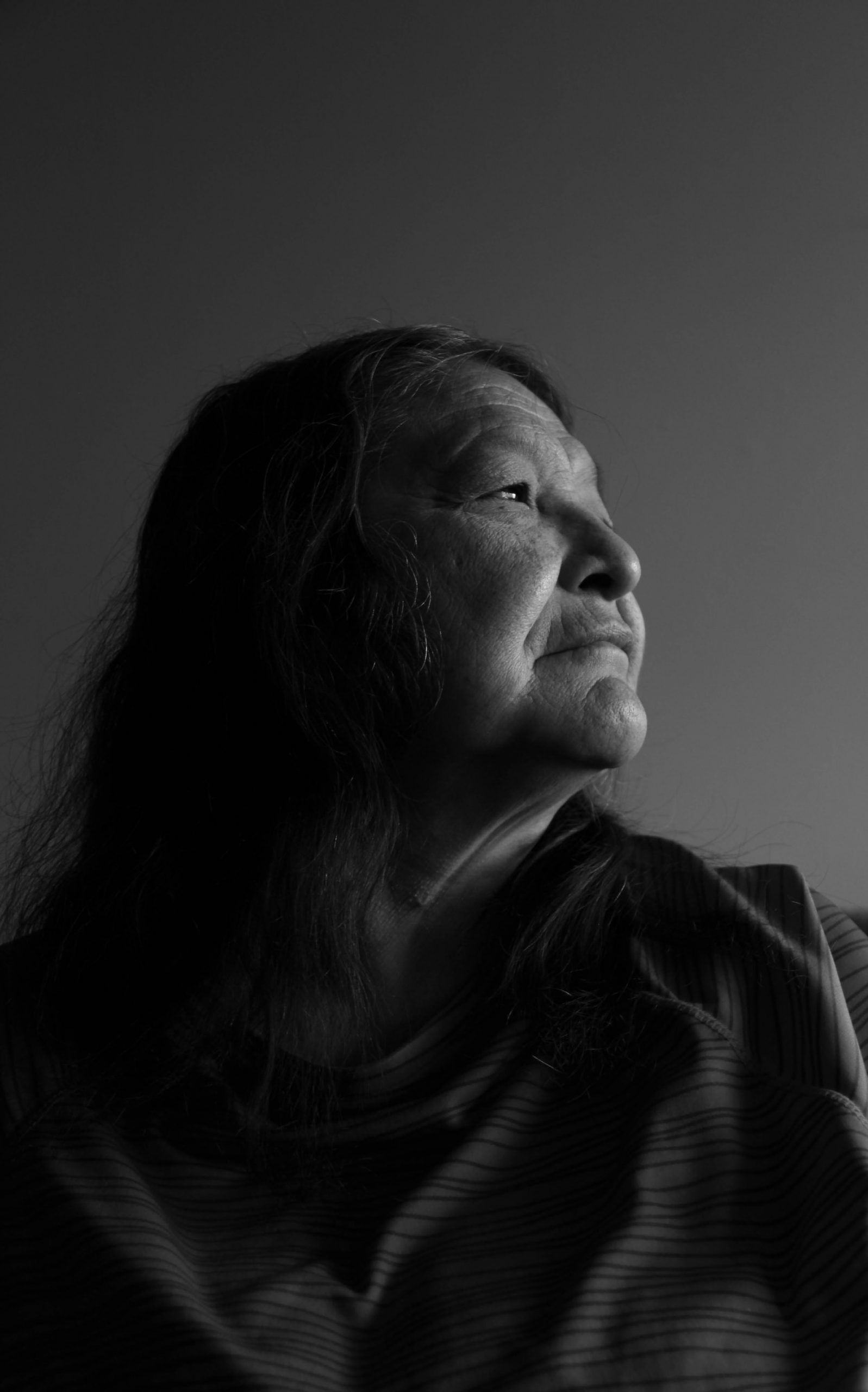A Vanderbilt University study is helping men make more informed decisions about how to treat their prostate cancer. The study provides evidence about side effects of each of three methods to treat prostate cancer. Prostate cancer affects three million men in the United States. The Centers for Disease Control and Prevention (CDC) tracks prostate cancer...Continue reading
Tag: pcori
A simple way to know your options if you’re having chest pain
Patients reporting chest pain account for about 6.5 million visits to American emergency rooms, the Centers for Disease Control (CDC) says. Most are not heart attacks, the CDC says, but patients often don’t understand their options and therefore can’t make informed decisions about their care. It’s tough to get men with chest pain into the...Continue reading
Fighting prostate cancer in the Mississippi Delta, one man at a time
In the impoverished communities of the Mississippi Delta, where prostate cancer death rates are more than 28 men per 100,000, residents were leery about the concept of research. Delta residents were deeply concerned about exploitation and feared that participating in cancer research would make them guinea pigs. So Freddie White-Johnson created a community cancer outreach...
Remote cognitive behavioral therapy may help rural men’s mental health challenges
Rural men are likely to experience a sizeable increase in mental health needs during and after the pandemic, whether they had a prior history or not. Chief among these mental issues is depression, as people feel isolated and alone during the pandemic. Men’s Health Network, a non-profit concerned with men’s health issues, convened a conference...Continue reading
Opioid-Related Pain Relief Under Study at PCORI
More than 100 million Americans suffer with chronic pain, the National Academy of Medicine reports, but treatment of that chronic pain with opioids comes with drawbacks. More than 42,000 Americans died of opioid pain relief overdoses in 2016, the Centers for Disease Control and Prevention (CDC) says, nearly 10 thousand more than 33,000 people who...
Veterans’ Pain Management At The Heart Of PCORI-Funded Research
How can patients lower their use of opioid medications while managing chronic pain, or eliminate use of these drugs altogether? To answer that question, the Patient-Centered Outcomes Research Institute (PCORI) launched a funding initiative in 2016 on Clinical Strategies for Managing and Reducing Long Term Opioid Use for Chronic Pain. PCORI was established by Congress in 2012...Continue reading
New Hope for Chronic Pain Sufferers
Chronic pain affects approximately 100 million adults in the U.S. and exacts a huge toll on rehabilitation resources, health care costs and lost worker productivity. It also burdens the sufferer and their significant others. One way to help those who suffer chronic pain is with pain-related self-efficacy (PRSE) beliefs, which describe a range of behaviors...Continue reading
Texas City Renames Bridge to Honor Veterans Lost to Suicide
A motorcycle club whose members walk 22 miles on the 22nd of every month to raise awareness of veteran and first-responder suicide has persuaded the Rockwall, Texas, City Council to rename a bridge in that city “Heroes Bridge.” Third Watch Law Enforcement (LE) Motorcycle Club (MC) President Brian Wilburn went before the Rockwall City Council...Continue reading
Native Americans, Alaskan Natives have high COVID-19 risk
COVID-19 is hitting some communities hard, and a cluster of factors puts Native Americans at especially high risk. Among those factors: multi-generational families living under one roof and, in some cases, limited access to running water or power, says Jessica Atwell, infectious disease epidemiologist with the Johns Hopkins Center for American Indian Health. Underlying health...Continue reading
Minority Mental Health Research Brings Hope to Underserved Communities
One in six US adults lives with some form of mental illness, says the Patient Centered Outcomes Research Institute (PCORI). But racial and ethnic minorities have less access to mental health care, are less likely to be diagnosed, and have poorer mental health outcomes. Non-Hispanic Blacks are 10 percent more likely, and Hispanic/Latinos are 40...Continue reading

